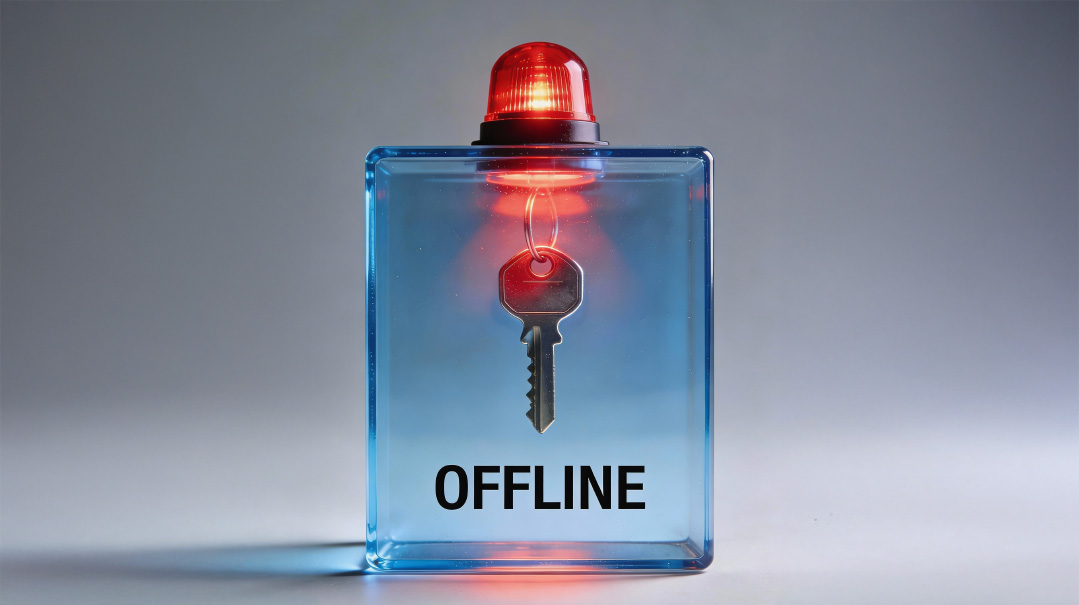Bottom Dollar
| February 28, 2023My son was donating money to everyone except his needy sister

Zecharya: You’re so generous with everyone else in town. You can’t help your own family?
Aryeh: Why are you pushing me to enable destructive behavior?
Zecharya
IT was the first of the month, and sure enough, Rikki was calling. I kind of expected it by now.
“Hi, Ta, how are you?” She sounded breezy, asking how I was doing, Ma, work, telling me the kids’ latest antics.
Then, predictably, she cleared her throat. “Uh, Ta? So, the thing is, I feel so bad to ask you…”
I sighed. “The rent.”
Rikki made a small noise of agreement. “Right.”
“How much are you short?” I asked her.
She hesitated. “Um, a lot… like, kind of the whole amount.”
I bit my lip. “Let me see what I can do,” I said.
“Oh, Ta, thanks so, so much,” Rikki said. “We — it’s really tough right now. Hopefully with Pinny’s new job, it will get easier, but obviously, we still need to pay the rent this month.”
Of course.
When I hung up the phone, I finally allowed myself a heavy sigh.
R
ikki’s my youngest. The bas zekunim, born eight years after Devora. Maybe that had something to do with the whole… situation.
Baruch Hashem, our six older children are married, settled. We supported them all for the first year or so after marriage, but it was a struggle, and we couldn’t do any longer than that. They were fine, though. They moved back from Israel, or they found ways to make it work, they found their footing, got a job, or, in the case of our second son, Aryeh, ended up taking over his father-in-law’s business and becoming very successful there.
Rikki was different. She was the last one we married off, we had a bit more “breathing space,” and somehow, we ended up giving her a lot more financial support, for a lot longer. Maybe it was the fact that she seemed to need it more. She’d gotten married young, still 19, didn’t have any savings or fallback or a completed degree like her sisters had had when they got married. She found a job in Israel, working a couple hours a day as a gan assistant, but as she told us, “The salary barely covers the bus ride there and back.”
Pinny, her husband, was a nice guy, friendly and outgoing and very eager to please, and they seemed happy together. He thanked us for our help, seemed grateful to get to stay in kollel, and we were happy to do what we could to support that.
They moved back after having their second child — Rikki didn’t want to live so far from family anymore. We helped them find a house to rent, paid for the first few months so they could get settled, and expected things to fall into place: Pinny would find a job, Rikki would work part-time, and of course, our full-time support would be over. To be honest, I was relieved about that; the expenses kept on rising with the cost of living skyrocketing, we were nearing retirement, and I wasn’t sure how much longer I could have kept up fully supporting Rikki’s family, in any case.
Somehow, though, it seemed to be difficult for them to find their feet.
Oops! We could not locate your form.







